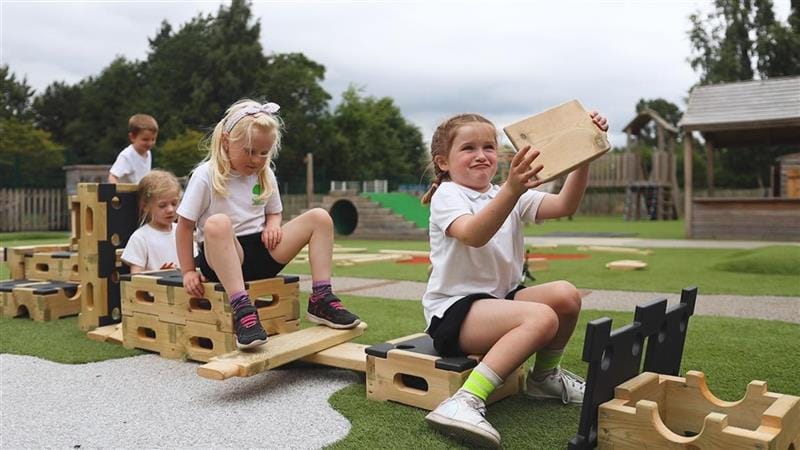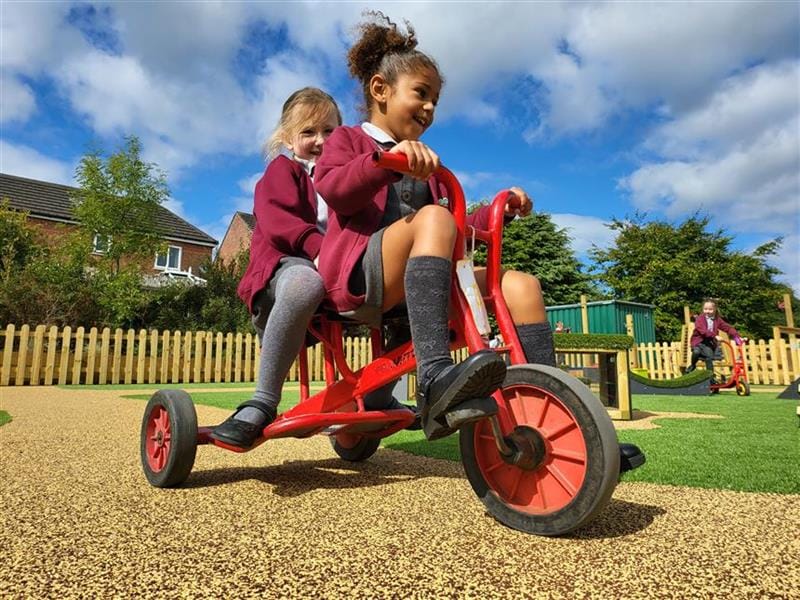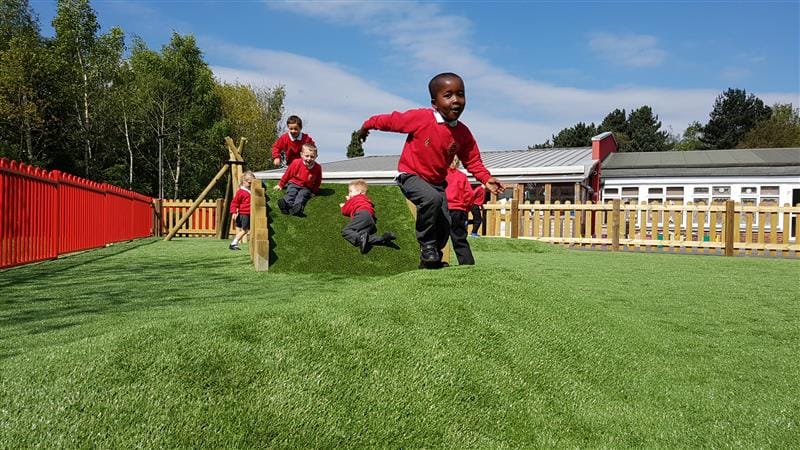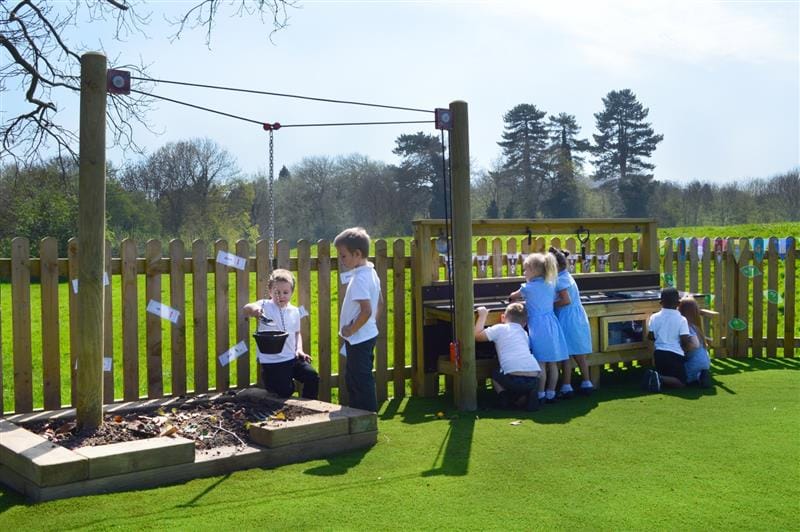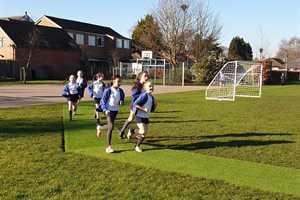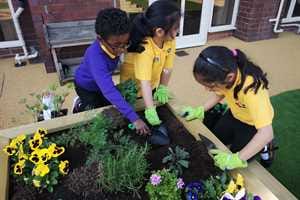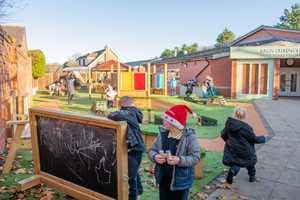
Outdoor Learning and Play
The Psychological Theories Behind Learning Through Play
Learning through play appears to be a simple notion, but has profound meaning.
It helps children make sense of the world around them through discovery, allowing them to develop cognitively, socially, emotionally and physically.
The importance of play has been studied by various psychologists and scientists for over a century.
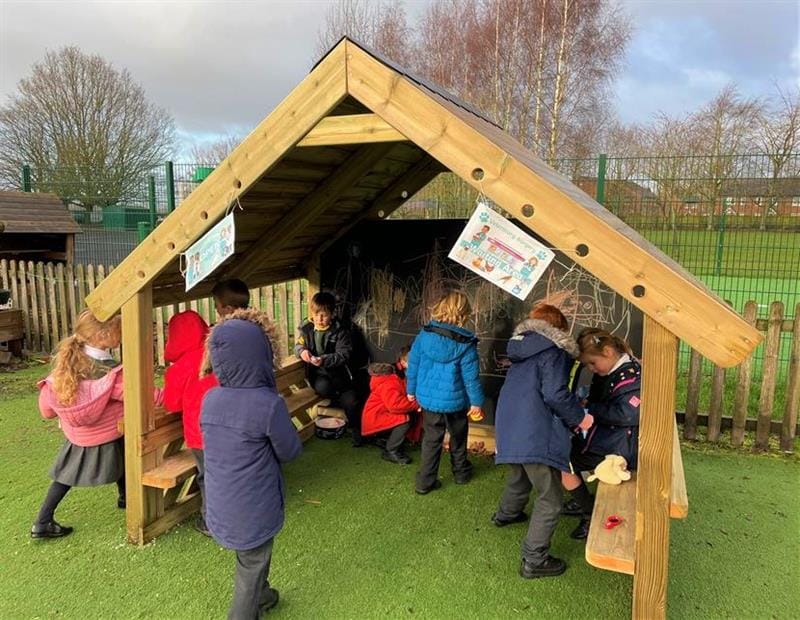
Jean Piaget (1962) was the first psychologist to make a systematic study of children’s cognitive development.
Piaget's theory of cognitive development viewed play as integral to the development of intelligence in children. His theory of play argues that as the child matures, their environment and play should encourage further cognitive and language development.
‘In play, a child is always above his average age, above his daily behaviour, in play, it’s as though he were a head taller than himself.’ (Lev Vygotsky 1978)
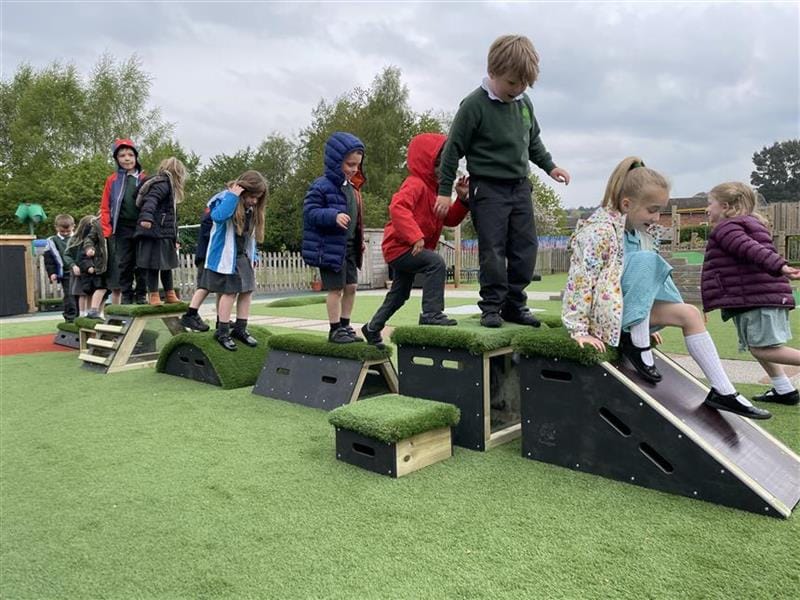
Guided play and children’s development
Both child-led play and guided play have a fundamental role in children’s development. In child-led play, children have full independence and true autonomy.
Alternatively, through guided play teachers can deliver games, activities or a setting for children to play and target specific areas of development.
Product Spotlight
In both cases, children should be actively engaged and have fun whilst participating.
All activities should be child-centric!
Indoor Play Vs Outdoor Play
Now that we have established the importance of play and learning, many recent studies have revealed that indoor play can be disadvantageous to children’s growth.
Research by Burdette and Whittaker in 2005 discovered, that outdoor imaginary play encourages the brain to mature at a considerably faster rate, than those children who play indoors.
This results in better language development and more sociable children, who are generally happier.
The Benefits of Outdoor Play on Children's Health, Learning and Development
When it comes to playtime, many parents and teachers frequently worry about children picking up germs which may result in them becoming unwell, consequently choosing indoor play instead.
This is a common misconception and in fact, recent research by Epstein (2001) has found that playing indoors has a higher probability of encouraging Asthma than playing outdoors.
Many studies have shown that outdoor play can enhance the immune system.
In fact, research suggests that children from rural areas or those children who spend a lot of time engaging in outdoor play have the best overall general health.
Playing outdoors increases children’s Vitamin D levels, provided by the sun. Vitamin D is fundamental to children’s overall health as it encourages; a better mood, increased energy levels, and improved memory.
Outdoor learning experiences through play can work hand in hand with the curriculum. Through play, children are encouraged to make sense of the ‘real world' and put into practice the concepts and skills that they have acquired in the classroom. This in turn better equips them for the future.
At Pentagon Play, all our products are created with the vision of encouraging children’s growth. We have a huge range of products that target all the different areas of learning.
Scroll through our Online Shop to find the perfect Moveable Playground Equipment for your outdoor area, delivered to your doorstep in just 2-4 weeks following payment!
For additional information on how we can support you to select the finest play equipment for your school, please Contact Us for free specialist advice.
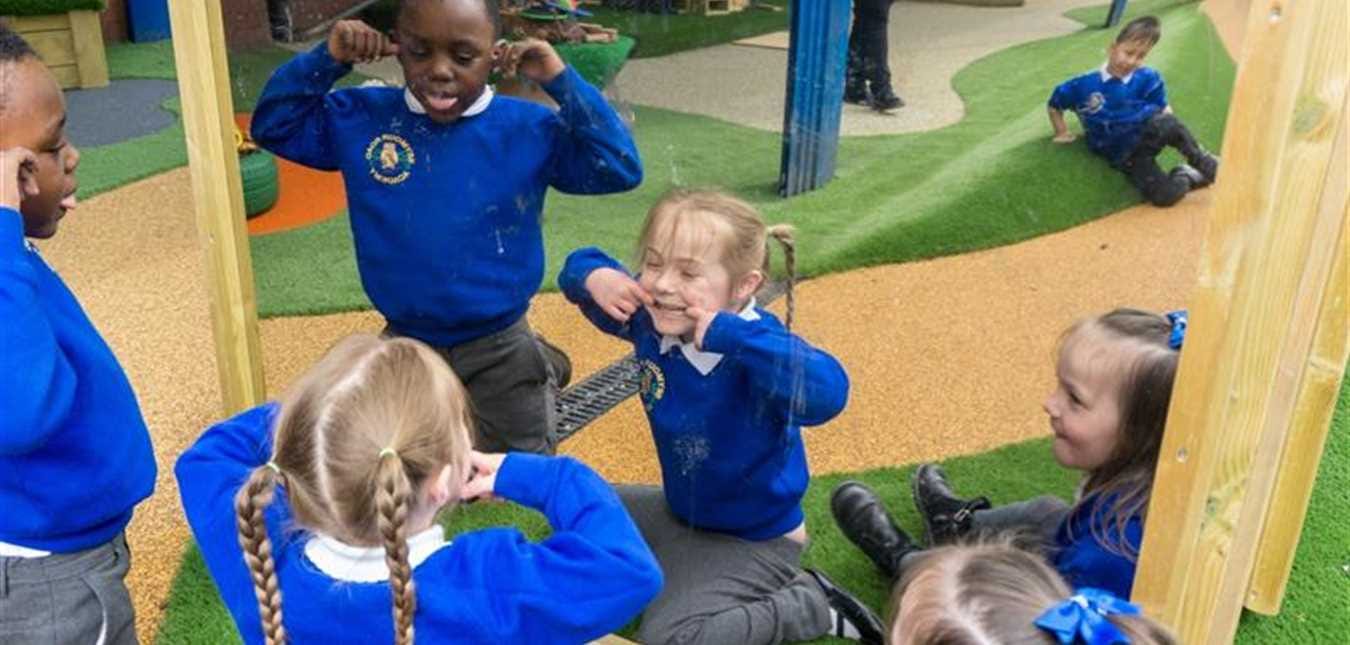
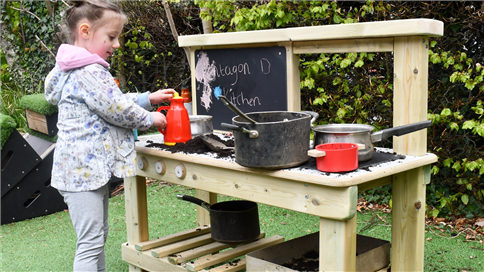

 (5)-web.png)
